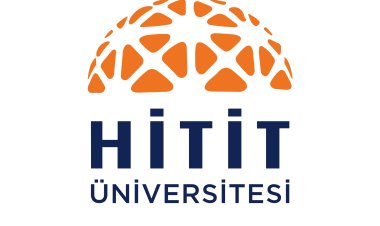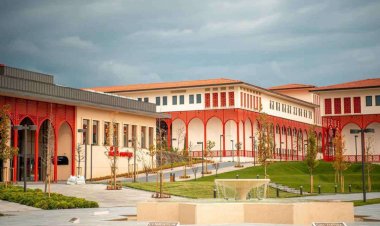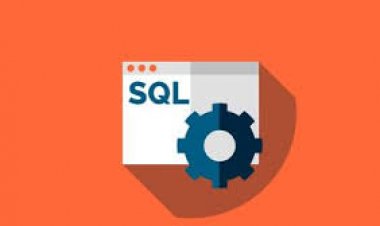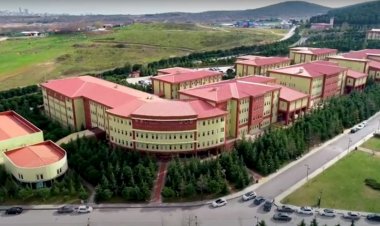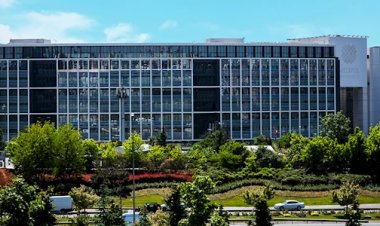COVID-19 vaccine immunity in oncology patients
COVID-19 vaccine immunity in oncology patients Hanedan Uslu, Gonca; Yılmaz Rakıcı, Sema; Çopur Çiçek, Ayşegül; Acar Yazıcı, Zihni BACKGROUND: To investigate the effect of vaccine types applied in our country against 2019 coronavirus disease on the formation of protective antibodies in oncology patients. MATERIALS AND METHODS: The data of 81 cancer patients who received at least one dose of vaccine for COVID-19 and radiotherapy were analyzed retrospectively. At any time after the vaccination, blood samples were taken and the antibody titers against the vaccine were measured. RESULTS: There were 28 (34.6 %) patients who received two doses of vaccine and 48 patients (59.3 %) who received 3 doses of vaccine (Sinovac only), while 26 patients (32.1 %) were given both vaccines. The mean time for antibody measurement was 62 days after the last vaccination. IgG levels were significantly higher in patients who received Biontech vaccine than in those who received Sinovac (r = 0.525; p < 0.001). While chemotherapy was the factor that decreased the mean IgM level (p = 0.044), advanced disease (stages 3 and 4) was a significant factor that increased the mean IgG level (p = 0.047). A statistically significant negative correlation was found between IgM antibody level and WBC count after first vaccination (r = ‒0.251; p = 0.024). For every WBC count unit increase in the first vaccination period, there was a 1.333-fold increase in the risk of IgM negativity. CONCLUSION: The Biontech vaccine produced higher antibody levels in advanced oncology patients. While the application of radiotherapy in cancer patients was not found to be an effective factor in the vaccination status, it was determined that the application of chemotherapy significantly reduced IgM levels (Tab. 5, Ref. 28). Text in PDF www.elis.sk
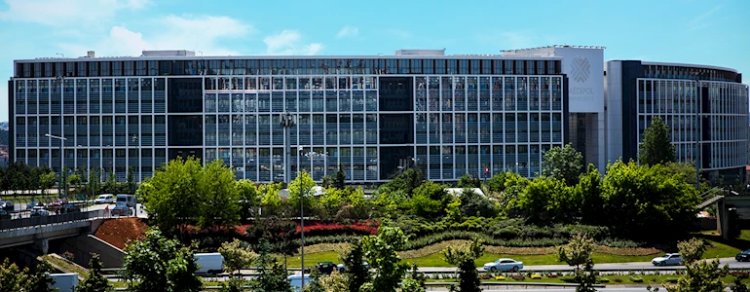
COVID-19 vaccine immunity in oncology patients Hanedan Uslu, Gonca; Yılmaz Rakıcı, Sema; Çopur Çiçek, Ayşegül; Acar Yazıcı, Zihni BACKGROUND: To investigate the effect of vaccine types applied in our country against 2019 coronavirus disease on the formation of protective antibodies in oncology patients.
MATERIALS AND METHODS: The data of 81 cancer patients who received at least one dose of vaccine for COVID-19 and radiotherapy were analyzed retrospectively. At any time after the vaccination, blood samples were taken and the antibody titers against the vaccine were measured. RESULTS: There were 28 (34.6 %) patients who received two doses of vaccine and 48 patients (59.3 %) who received 3 doses of vaccine (Sinovac only), while 26 patients (32.1 %) were given both vaccines.
The mean time for antibody measurement was 62 days after the last vaccination. IgG levels were significantly higher in patients who received Biontech vaccine than in those who received Sinovac (r = 0.525; p < 0.001). While chemotherapy was the factor that decreased the mean IgM level (p = 0.044), advanced disease (stages 3 and 4) was a significant factor that increased the mean IgG level (p = 0.047). A statistically significant negative correlation was found between IgM antibody level and WBC count after first vaccination (r = ‒0.251; p = 0.024). For every WBC count unit increase in the first vaccination period, there was a 1.333-fold increase in the risk of IgM negativity. CONCLUSION: The Biontech vaccine produced higher antibody levels in advanced oncology patients. While the application of radiotherapy in cancer patients was not found to be an effective factor in the vaccination status, it was determined that the application of chemotherapy significantly reduced IgM levels (Tab. 5, Ref. 28). Text in PDF www.elis.sk
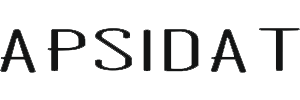
 Bilgi
Bilgi 







